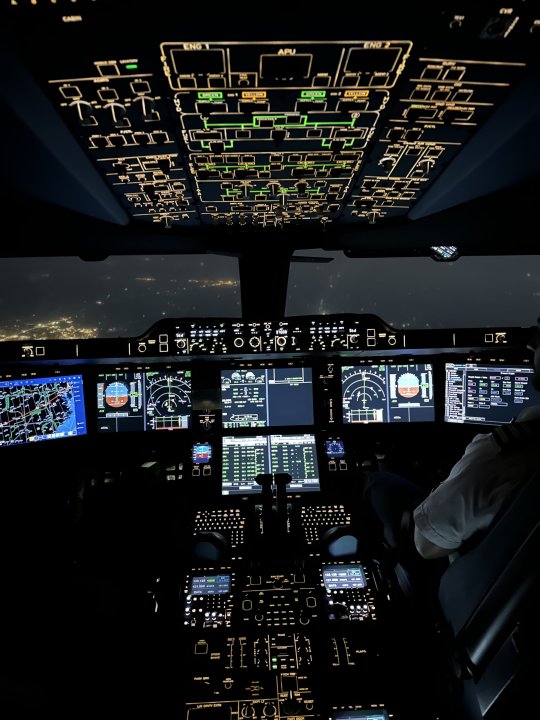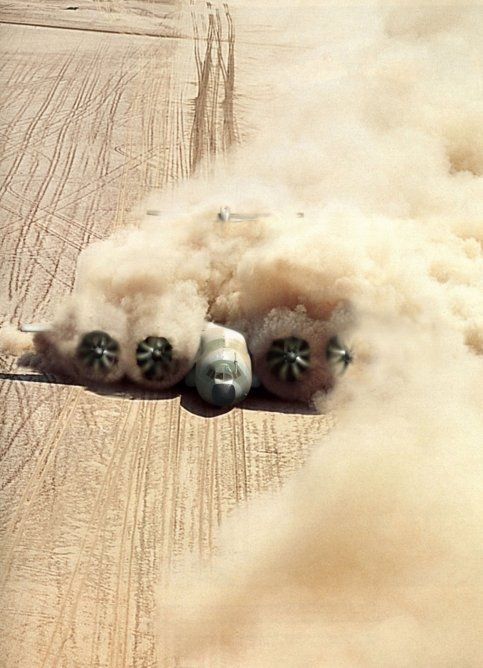#airbus
Text
439 notes
·
View notes
Text


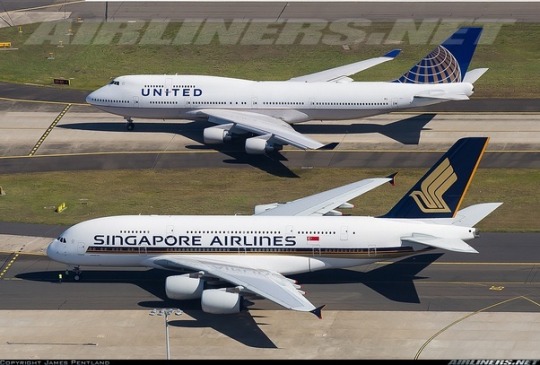


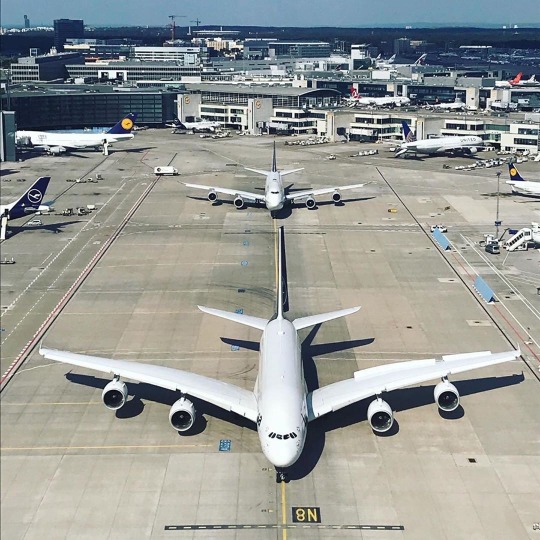
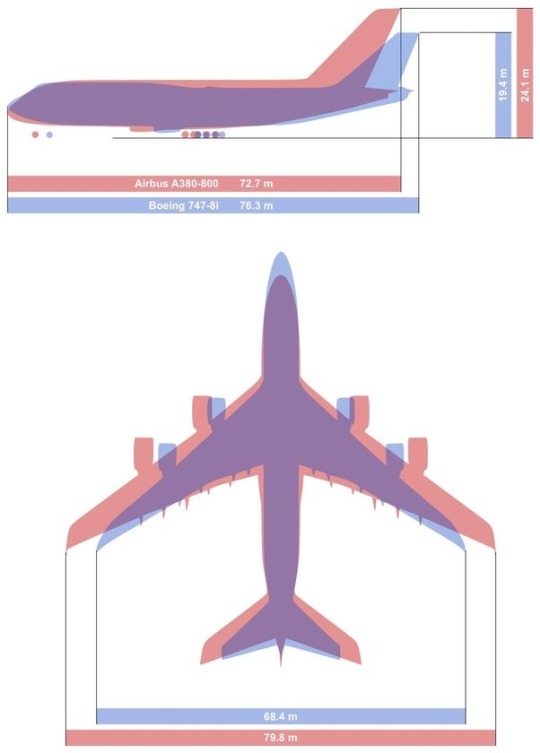
Boeing 747 vs Airbus A380.
195 notes
·
View notes
Text
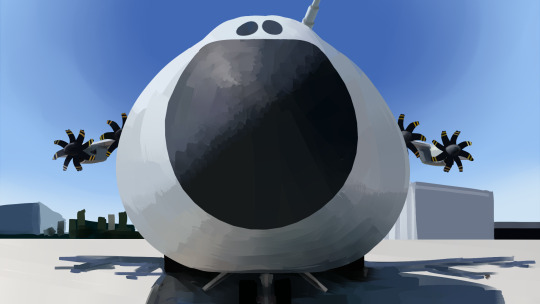
do you have ░G░A░M░E░S░░░░░░░░░(reverb)
on your phone
273 notes
·
View notes
Text

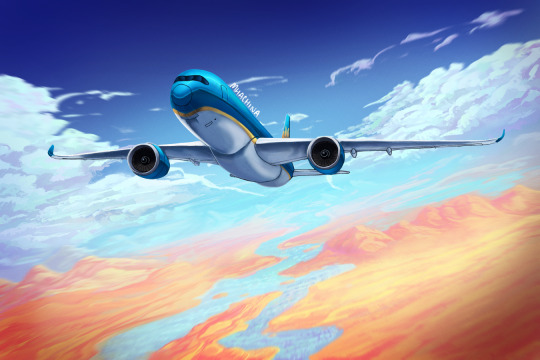
i finally finished the Airbus A350 painting before the end of 2023!
2nd version is without the colour editing etc.
here's to another year of plane art 🎉
244 notes
·
View notes
Text
Boeing, Spirit and Jetblue, a monopoly horror-story
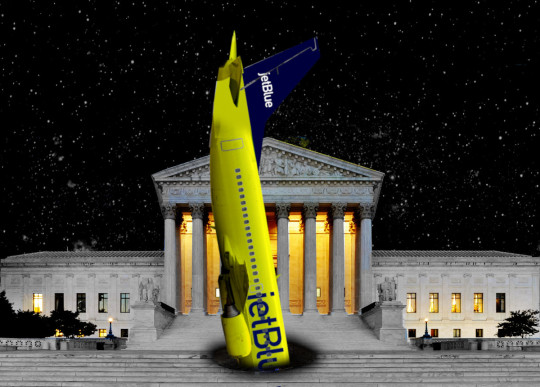
Catch me in Miami! I'll be at Books and Books in Coral Gables TONIGHT (Jan 22) at 8PM. Berliners: Otherland has added a second date (Jan 28) for my book-talk after the first one sold out - book now!

Last week, William Young, an 82 year old federal judge appointed by Ronald Reagan, blocked the merger of Spirit Airlines and Jetblue. It was a seismic event:
https://storage.courtlistener.com/recap/gov.uscourts.mad.254267/gov.uscourts.mad.254267.461.0_6.pdf
Seismic because the judge's opinion is full of rhetoric associated with the surging antitrust revival, sneeringly dismissed by corporate apologists as "hipster antitrust." Young called America's airlines and "oligopoly," a situation he blamed on out-of-control mergers. As Matt Stoller writes, this is the first airline merger to be blocked by the DOJ and DOT since deregulation in 1978:
https://www.thebignewsletter.com/p/antitrust-enforcers-block-the-jetblue
The judge wasn't shy about why he was reviving a pre-Jimmy Carter theory of antitrust: "[the merger] does violence to the core principle of antitrust law, 'to protect] markets –- and its market participants — from anticompetitive harm."
The legal arguments the judge advances are fascinating and worthy of study:
https://twitter.com/johnmarknewman/status/1747343447227519122
But what really caught my eye was David Dayen's American Prospect article about the judge's commentary on the state of the aviation industry:
https://prospect.org/infrastructure/transportation/01-19-2024-how-boeing-ruined-the-jetblue-spirit-merger/
Why, after all, have Spirit and Jetblue been so ardent in pursuing mergers? Jetblue has had two failed merger attempts with Virgin, and this is the third time they've failed in an attempt to merge with Spirit. Spirit, meanwhile, just lost a bid to merge with Frontier. Why are these two airlines so obsessed with combining with each other or any other airline that will have them?
As Dayen explains, it's because US aviation has been consumed by monopoly, hollowed out to the point of near collapse, thanks to neoliberal policies at every part of the aviation supply-chain. For one thing, there's just not enough pilots, nor enough air-traffic controllers (recall that Reagan's first major act in office was to destroy the air traffic controller's union).
But even more importantly, there are no more planes. Boeing's waitlist for airplane delivery stretches to 2029. And Boeing is about to deliver a lot fewer planes, thanks to its disastrous corner-cutting, which grounded a vast global fleet of 737 Max aircraft (again):
https://prospect.org/infrastructure/transportation/2024-01-09-boeing-737-max-financial-mindset/
The 737 disaster(s) epitomize the problems of inbred, merger-obsessed capitalism. As Luke Goldstein wrote, the rampant defects in Boeing's products can be traced to the decision to approve Boeing's 1997 merger with McDonnell-Douglas, a company helmed by Jack Welch proteges, notorious for cost-cutting at the expense of reliability:
https://prospect.org/infrastructure/transportation/2024-01-09-boeing-737-max-financial-mindset/
Boeing veterans describe the merger as the victory of the bean-counters, which led to a company that chases short-term profits over safety and even the viability of its business:
https://www.airliners.net/forum/viewtopic.php?t=213075
After all, the merger turned Boeing into the single largest exporter in America, a company far too big to fail, teeing up tens of billions from Uncle Sucker, who also account for 40% of Boeing's income:
https://www.thebignewsletter.com/p/its-time-to-nationalize-and-then
The US government is full of ex-Boeing execs, just as Boeing's executive row is full of ex-US federal aviation regulators. Bill Clinton's administration oversaw the creation of Boeing's monopoly in the 1990s, but it was the GOP that rescued Boeing the first time the 737 Maxes started dropping out of the sky.
Boeing's biggest competitor is the state-owned Airbus, a joint venture whose major partners are the governments of France, Spain and Germany – governments that are at least theoretically capable of thinking about the public good, not short-term profits. Boeing's largest equity stakes are held by the Vanguard Group, Vanguard Group subfiler, Newport Trust Company, and State Street Corporation:
https://prospect.org/blogs-and-newsletters/tap/2024-01-18-airbus-advantage/
As Matt Stoller says, America has an airline that the public bails out, protects, and subsidizes but has no say over. Boeing has all the costs of public ownership and none of the advantages. It's the epitome of privatized gains and socialized losses.
This is Reagan's other legacy, besides the disastrous shortage of air-traffic controllers. The religious belief in deregulation – especially deregulation of antitrust enforcement – leads to a deregulated market. It leads to a market that is regulated by monopolists who secretly deliberate, behind closed board-room doors, and are accountable only to their shareholders. These private regulators are unlike government regulators, who are at least nominally bound by obligations to transparency and public accountability. But they share on thing in common with those public regulators: when they fuck up, the public has to pay for their mistakes.
It's a good thing Boeing's executives are too big to fail, because they fail constantly. Boeing execs who are warned by subcontractors of dangerous defects in their planes order those subcontractors to lie, or lose their contracts:
https://www.levernews.com/boeing-supplier-ignored-warnings-of-excessive-amount-of-defects-former-employees-allege/
As a result of Boeing's mismanagement, America's only aircraft supplier steadily has lost ground to Airbus, which today enjoys a 2:1 advantage over Boeing. But it's not just Boeing that's the weak link aviation. US aviation is a chain entirely composed of weak links.
Take jet engines: Pratt & Whitney are Spirit's major engine supplier, but these engines suck as much as Boeing's fuselages. Much of Spirit's fleet is chronically grounded because the engines don't run. The reason Spirit buys its engines from those loveable goofballs at Pratt & Whitney? The Big Four airlines have bought all the engines for sale from other suppliers, leaving smaller airlines to buy their engines from fat-fingered incompetents.
This is why – as Dayen notes – smaller US airlines are so horny for intermarriage. They can't grow by adding routes, because there are no pilots. Even if they could get pilots, there'd be no slots because there are no air traffic controllers. But even if they could get pilots and slots, there are no planes, because Boeing sucks and Airbus can't make planes fast enough to supply the airlines that don't trust Boeing. And even if they could get aircraft, there are no engines because the Big Four aviation cartel cornered the market on working jet engines.
Part of Jetblue and Spirit's pitch was that they hand off the routes that they'd cut after their merger to other small airlines, like Frontier and Allegiant. But Frontier and Allegiant can't service those routes: they don't have pilots, slots, planes or engines.
Spirit hasn't been profitable since 2019 and is sitting on $4b in debt. Jetblue was proposing to finance its acquisition with another $3.5b in debt. The resulting airline could only be profitable by sharply cutting routes and massively raising prices, cutting 6.1m seats/year. With a debt:capital ratio of 111%, the company would have no slack and would need a bailout any time anything went wrong. Not coincidentally, the Big Four airlines also have debt:capital ratios of about 100-120%, and they do get bailouts ever time anything goes wrong.
As William McGee reminds us, it's been 14 years since anyone's started a new US airline:
https://twitter.com/WilliamJMcGee/status/1747363491445375072
US aviation is deeply cursed. But Boeing's self-disassembling aircraft show us why we can't fix it by allowing mergers: private monopolies, shorn of the discipline of competition and regulation, are extraction machines that turn viable businesses into debt-wracked zombies.
This is a subject that's beautifully illustrated in Dayen's 2020 book Monopolized, in the chapter on health care:
https://pluralistic.net/2021/01/29/fractal-bullshit/#dayenu
The US health care system has been in trouble for a long time, but the current nightmare starts with the deregulation of pharma. Pharma companies interbred with one another in a string of incestuous marriages that produced these dysfunctional behemoths that were far better at shifting research costs to governments and squeezing customers than they were at making drugs. The pharma giants gouged hospitals for their products, and in response, hospitals underwent their own cousin-fucking merger orgy, producing regional monopolies that were powerful enough to resist pharma's price-hikes. But in growing large enough to resist pharma profiteering, the hospitals also became powerful enough to screw over insurers. Insurers then drained their own gene pool by combining with one another until most of us have three or fewer insurers we can sign up with – companies that are both big enough to refuse hospital price-hikes, and to hike premiums on us.
Thus monopoly begets monopoly: with health sewn up by monopolies in medical tech, drugs, pharmacy benefit managers, insurance, and hospitals, the only easy targets for goosing profits are people:
https://pluralistic.net/2022/01/05/hillrom/#baxter-international
This is how you get a US medical system that costs more than any other rich nation's system to operate, delivers worse outcomes than those other systems, and treats medical workers worse than any other wealthy country.
Now, rich people can still buy their way out of this mess, but you have to be very rich indeed to buy your way out of the commercial aviation system. There's a lot of 1%ers who fly commercial, and they're feeling the squeeze – and there's no way they're leasing their own jets.
Stein's Law holds that "anything that can't go on forever will eventually stop." America's aviation mergers – in airlines, aircraft and engines – have hollowed out the system. The powerful, brittle companies that control aviation have so much power over their workforce that they've turned air traffic controller and pilot into jobs that no one wants – and they used their bailout money to buy out the most senior staff's contracts, sending them to early retirement.
Now, I'm with the people who say that most of US aviation should be replaced with high-speed rail, but that's not why our technocrats and finance barons have gutted aviation. They did it to make a quick buck. A lot of quick bucks. Now the system is literally falling to pieces in midair. Now the system is literally on fire:
https://www.nytimes.com/2024/01/19/us/miami-boeing-plane-engine-fire.html
Which is how you get a Reagan appointed federal judge issuing an opinion that has me punching the air and shouting, "Yes, comrade! To the barricades!" Anything that can't go on forever will eventually stop. When the system is falling to pieces around you, ideology disintegrates like a 737 Max.

I'm Kickstarting the audiobook for The Bezzle, the sequel to Red Team Blues, narrated by @wilwheaton! You can pre-order the audiobook and ebook, DRM free, as well as the hardcover, signed or unsigned. There's also bundles with Red Team Blues in ebook, audio or paperback.

If you'd like an essay-formatted version of this post to read or share, here's a link to it on pluralistic.net, my surveillance-free, ad-free, tracker-free blog:
https://pluralistic.net/2024/01/21/anything-that-cant-go-on-forever/#will-eventually-stop

Image:
Vitaly Druchenok (modified)
https://commons.wikimedia.org/wiki/File:ECAir_Boeing_737-306_at_Brazzaville_Airport_by_Vitaly_Druchenok.jpg
CC BY-SA 4.0
https://creativecommons.org/licenses/by-sa/4.0/deed.en
--
Joe Ravi (modified)
https://commons.wikimedia.org/wiki/File:Panorama_of_United_States_Supreme_Court_Building_at_Dusk.jpg
CC BY-SA 3.0
https://creativecommons.org/licenses/by-sa/3.0/deed.en
#pluralistic#aviation#antitrust#monopoly#boeing#jetblue#spirit airlines#oligopoly#air traffic controllers#airbus#steins law
248 notes
·
View notes
Text
Easy, breezy, beautiful✈️
Dude better hmu w the shampoo he uses

249 notes
·
View notes
Text



late night idea, airbus beluga xl finfin
79 notes
·
View notes
Text
To start, i'm remaking an old drawing of the Airbus A318 Babybus~
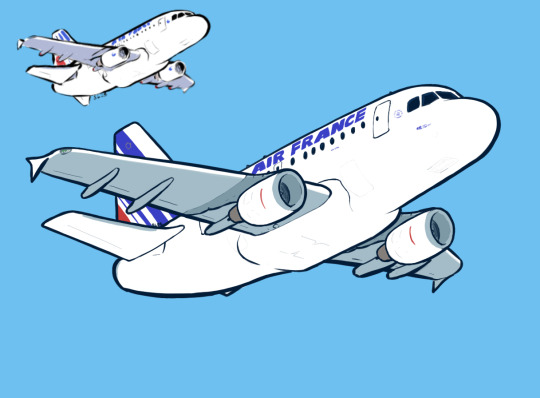
Version without the old drawing under the cut
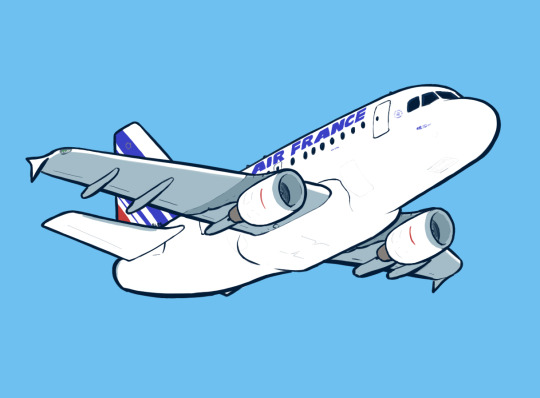
80 notes
·
View notes
Text
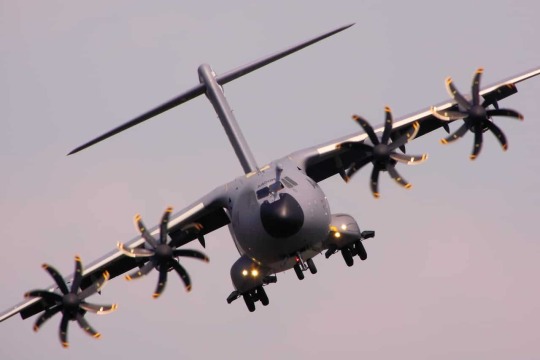
Rolling onto final at RIAT
120 notes
·
View notes
Text
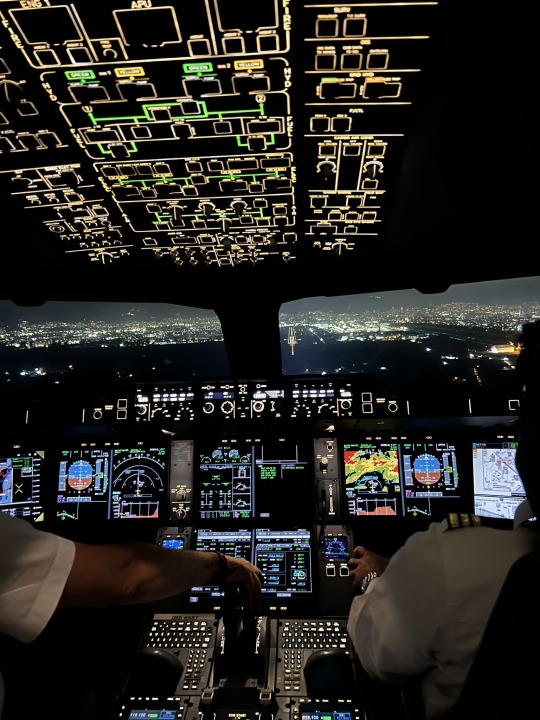
Photo by Paco López
800 notes
·
View notes
Text
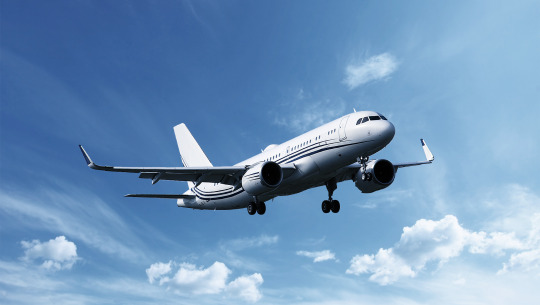

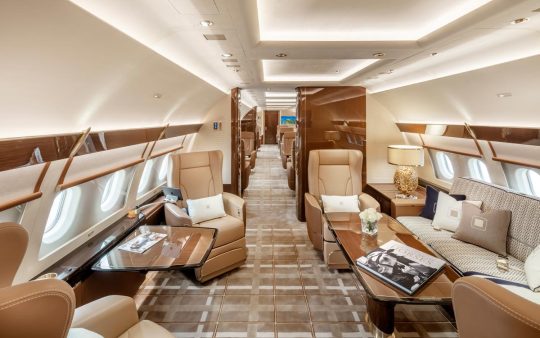

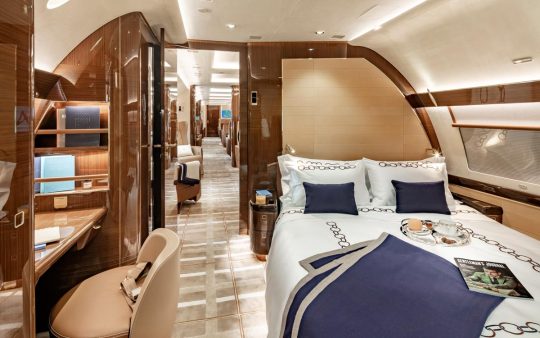





Airbus ACJ320neo
Courtesy: Acropolis Aviation / Cabinet Pinto
#art#design#flying private#travels#luxury lifestyle#private jet#flying palace#business jet#airplane#jetsetter#jetset#airbus#ACJ320neo#interiors#interior design#alberto pinto#acropolis aviation#billionaire#billionairelife#aircraft
54 notes
·
View notes
Text

Inktober 20 ode to a windy rainy day that has led to many planes circling over trying and failing to land at various airports
337 notes
·
View notes
Text





From a recent flight.
LO27 (9/13/23)
#airplanes#travel#flying#Airbus#Boeing#Airbus A380#Boeing 787#airliners#aviation#Emirates#LOT Polish Airlines#mine#gif#gifset
95 notes
·
View notes
Text
When Airbus was developing the successor of the highly successful A300 twin-engine wide body airliner, their entry into the commercial aircraft market.
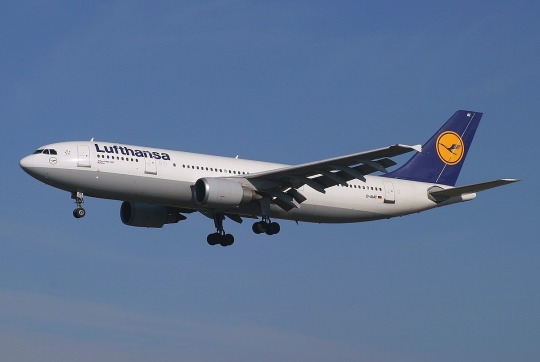
They faced the issue of ETOPS restrictions, basically a series of rules that limited aircraft range based on number of engines, and since they wanted to both replace the A300 and compete with the 747 and DC-10/MD-11, they basically developed a single airframe and wing for two planes
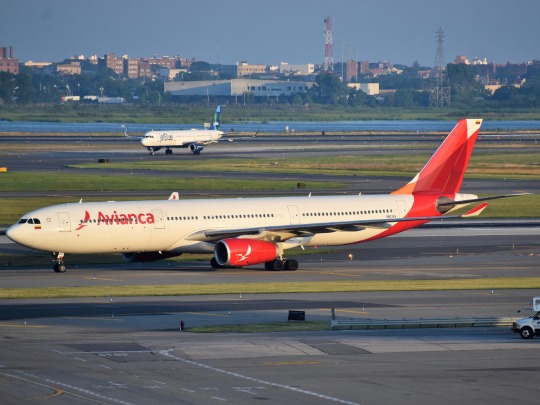
The A330, the direct successor to the A300
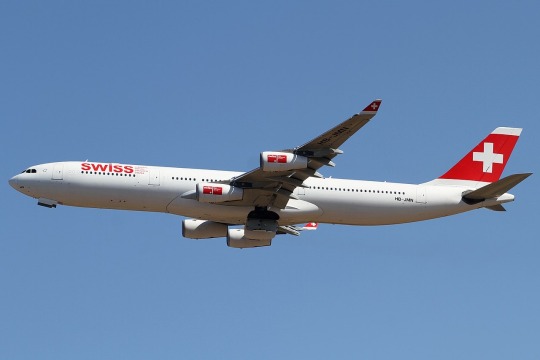
And the A340, the new challenger in the pacific and long-range flights.
The funny thing is, the A340 didn’t get 4 of the A330 engines, instead, as you can see, it got smaller engines, actually from the narrow body A320.
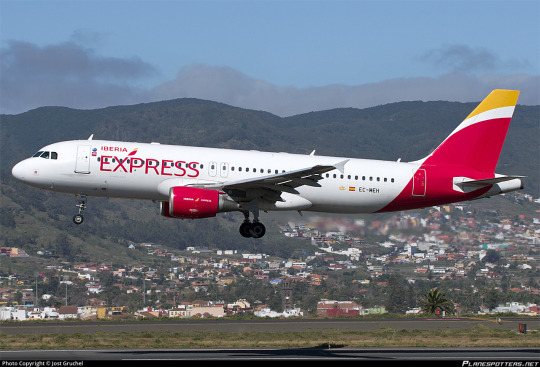
In effect just giving a tad more power and range compared to the A330, but giving us what has to be the most underpowered wide body airliner ever made, infamous for it’s long take-off runs and atrocious climb rates.

Hence why Airbus came back to its senses and actually gave it proper wide-body engines, finally creating a proper contender to the 747.

Sadly, with the end of the ETOPS restrictions and the rise of ultra-long range twin jets, the days of the A340 were counted, its production run ending in 2010.

Something that actually helped her smaller twin sister A330, which has found new life in the current wide body market thanks to newer, better engines, in a way, learning from the lessons of the A340.
36 notes
·
View notes
